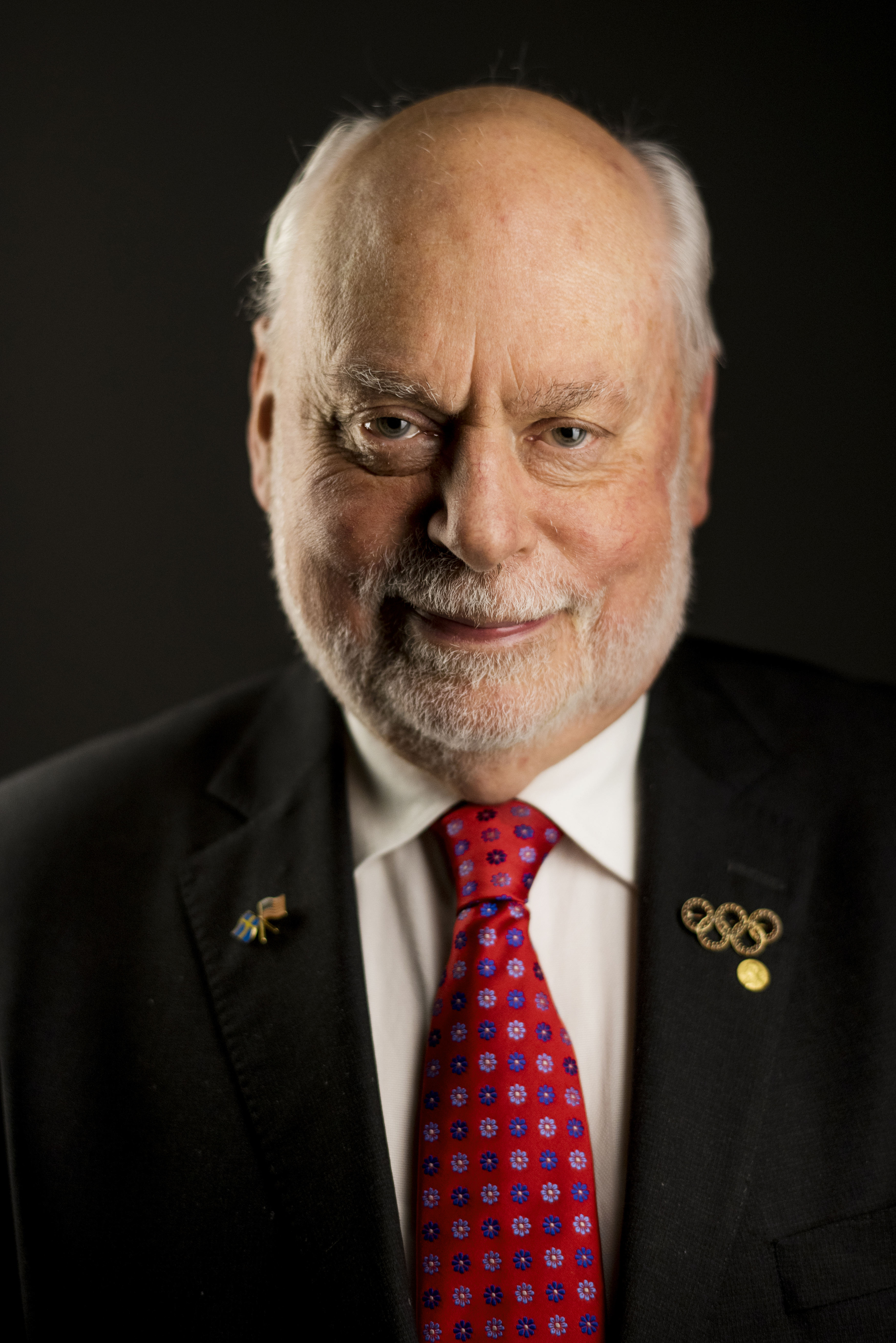Stoddart, Sir James Fraser (1942-…), a British-American chemist, won a share of the 2016 Nobel Prize in chemistry for his research into the field of nanotechnology. Nanotechnology is the creation and study of structures that are slightly larger than atoms and molecules . Stoddart shared the prize with the Dutch chemist Bernard L. Feringa and the French chemist Jean-Pierre Sauvage .

In 1991, Stoddart created a type of molecular-scale “machine” called a rotaxane. It consists of a positively charged ring positioned around an axle with two or more electron -rich sites. The positively charged ring is attracted to the negatively charged electrons. When energy is added, the ring will shift from one electron-rich site to the other. Stoddart used rotaxanes to build such molecular-scale devices as tiny elevators and computer chips.
Stoddart was born May 24, 1942, in Edinburgh, Scotland. He earned a B.Sc. degree in 1964 and Ph.D. degree in 1966, both from Edinburgh University. In 1970, he began working at the University of Sheffield in England. From 1990 to 1997, he served as a professor at the University of Birmingham , England, eventually serving as head of the School of Chemistry. He was named a fellow of the Royal Society in 1994. In 1997, he moved to the United States to join the University of California at Los Angeles (UCLA), serving as chair of organic chemistry and chair of nanosystems sciences. Stoddart was appointed a knight bachelor of the United Kingdom in 2007 for his services to chemistry and nanotechnology. In 2008, he left UCLA to join Northwestern University near Chicago, Illinois.
